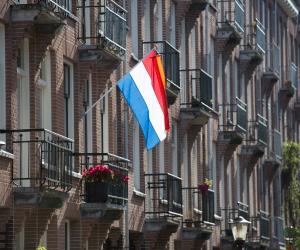Dutch tribunal rejects belated appeal against lottery merger

An appeal against the decision was brought forward following the merger, under the ACM’s Competition Act, claiming that the it would lead to a reduction in the competitiveness of the Dutch gaming market.
When the merger was first proposed, the ACM determined that a licence would be required, which was subsequently granted in December 2015. However, it ultimately found that the consolidation of SENS and SNS would not represent a significant decline in the competitive nature of the market.
It pointed out that in the market of lottery games, there was one other competitor active which was of a similar size to the notifying parties, namely the Nationale Goede Doelen Loterij, which operates the National Postcode Lottery, Bankgiro Lottery and Friends Lottery.
In order to decide whether combination of the lotteries would put competing businesses at a disadvantage, ACM looked at the degree of existing mutual competition. It also considered what incentives and possibilities there were for the parties to impact the quality of one or more of their lotteries or games following the merger.
The tribunal concluded that it was unlikely that the combination would lead to significant negative effects on competition in the lottery market.
It claimed that changes in competition parameters such as ticket price, jackpot and payout percentage of one merger partner had no more than limited influence on the number of tickets sold by the other merger partner.
ACM also noted that the regulation of online gaming in the country would in fact give private operators more scope to compete for customers. There was no evidence that the merged lottery business would be able to leverage that position to gain an unfair advantage in other verticals, it added.
The Netherlands Online Gaming Association (NOGA) subsequently released a statement which referred to the ACM’s decision as “unfortunate”.
NOGA underlined the importance of a level playing field in the market, particularly for gambling, which it points out will remain mainly dominated by the lottery monopoly in the Netherlands until the online market opens in September next year.
The association called on all involved to ensure a healthy, safe and attractive gaming market in the Netherlands, and to offer customers a safe and reliable choice.
